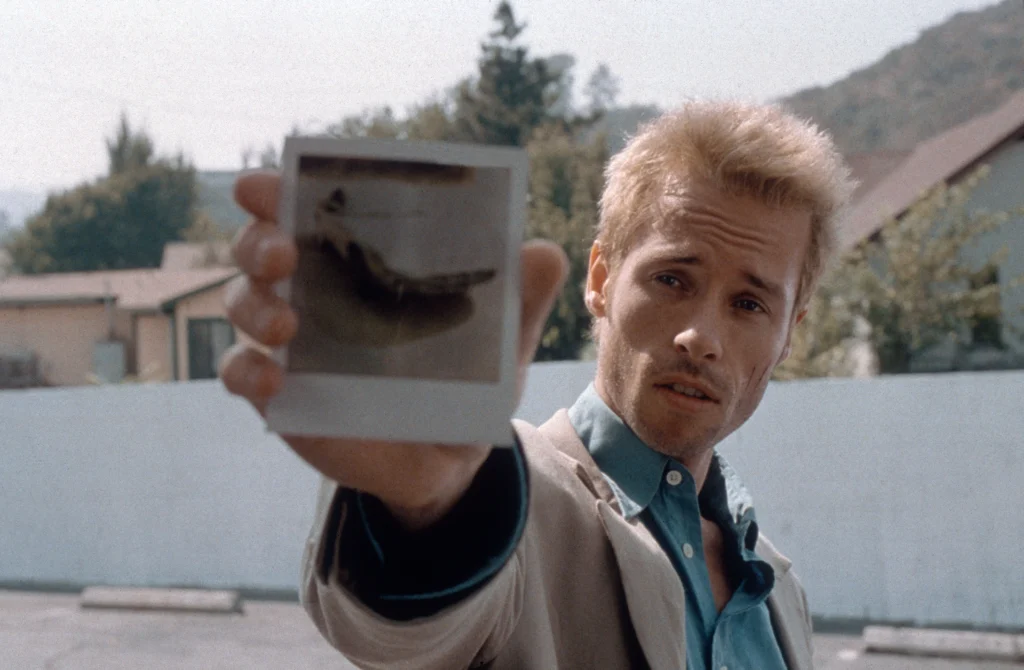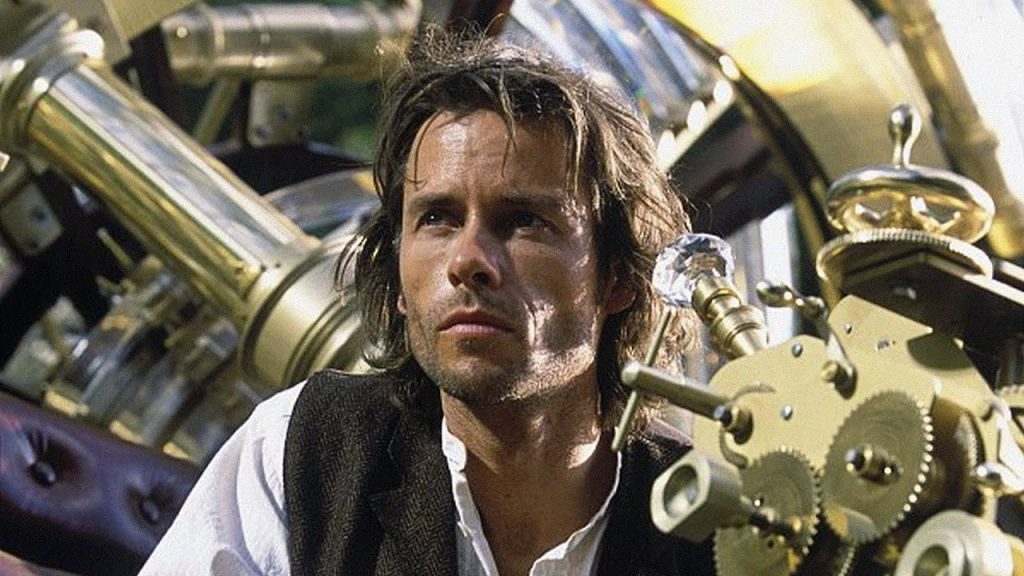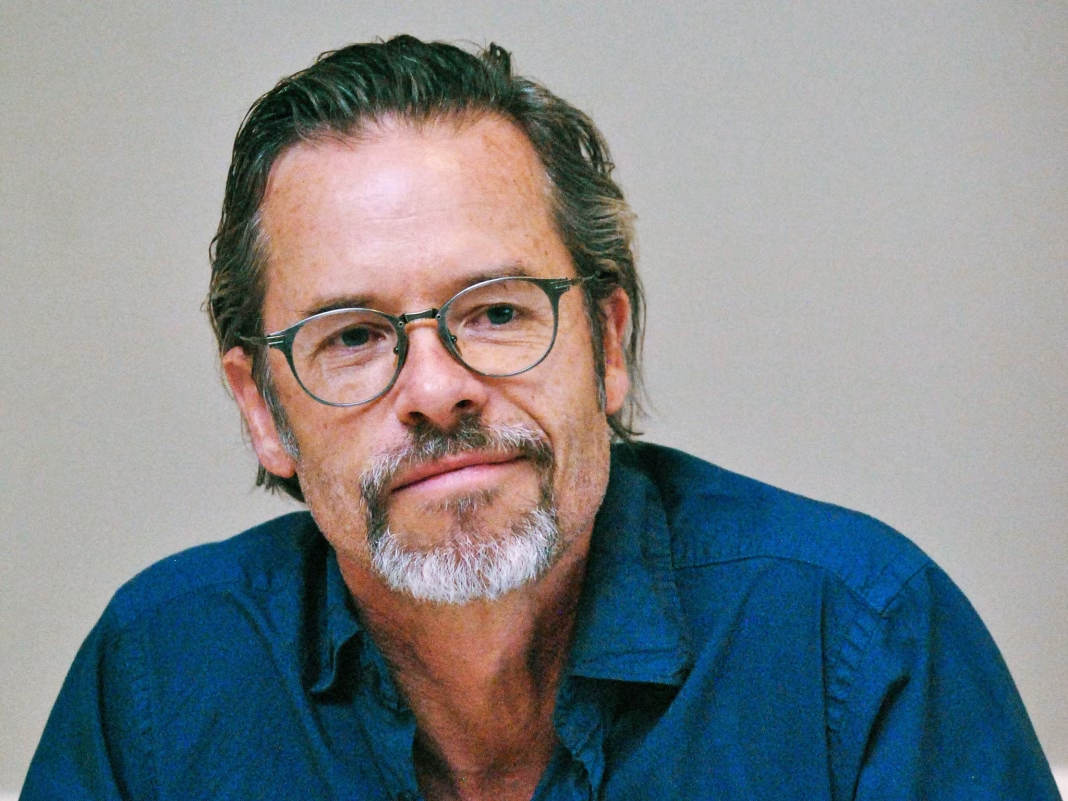December 19, 202; 4Guy Pearce’s reflection on his experience with big Hollywood studio films offers a fascinating look into the challenges that come with working in the corporate, high-budget side of the industry. While Pearce gained fame for his standout role in Memento, his career trajectory has largely steered away from blockbuster studio projects. His insights into why he feels disconnected from the “big studio” machine are revealing—especially given his long history of diverse and critically acclaimed performances in films that often focus on strong narratives and character depth rather than spectacle.
The frustration Pearce describes about the lack of creative control is something many actors, especially those who have tasted artistic freedom, can relate to. For someone who values intuition and personal input into his roles, the experience of being told what to do by executives who are more concerned with job security than with artistic vision seems stifling. The anecdote about discussions regarding how he should look, with no regard for his own input, is a classic example of the disconnect between creative vision and the corporate side of Hollywood. For Pearce, who has consistently gravitated towards films that allow him to explore complex characters, being caught in a system where executives dictate everything from appearance to performance must have felt incredibly limiting.

It’s also striking to hear Pearce’s candid admission about the feeling of powerlessness in big studio projects. For a talented actor who has delivered consistently strong performances, the idea of being unable to communicate or influence the process on a creative level must have been alienating. In this sense, The Time Machine seems to have been a turning point for Pearce, where the lack of connection with the larger “machine” made him reconsider his involvement in such films.

The fact that Pearce felt that a Warner Bros. executive actively sought to distance him from roles, even with someone like Christopher Nolan, shows how personal and political the business side of Hollywood can get. The idea that an executive could openly say they don’t “get” Pearce is a sobering reality for actors in a system where personal biases or corporate agendas often shape casting decisions. It’s a stark contrast to the more artistic approach that Pearce seems to favor, where personal choices and chemistry with directors take precedence.
That said, Pearce’s career has proven that he doesn’t need to conform to Hollywood’s conventional system to thrive. His choice to step back from major studio films and pursue more nuanced, independent roles has allowed him to stay true to his artistic inclinations, and his current recognition for his role in The Brutalist further validates his approach. The potential for an Oscar nomination for supporting actor underscores that Pearce’s commitment to the craft has paid off, as he’s now being acknowledged in some of the most prestigious circles in the industry.
Given Pearce’s growing recognition and the strength of his recent work, it seems like his decision to step away from the studio system has only allowed him to explore more meaningful, rewarding roles. What’s your take on Pearce’s disillusionment with the Hollywood studio system? Do you think more actors should follow his lead and focus on smaller, more creative projects?

